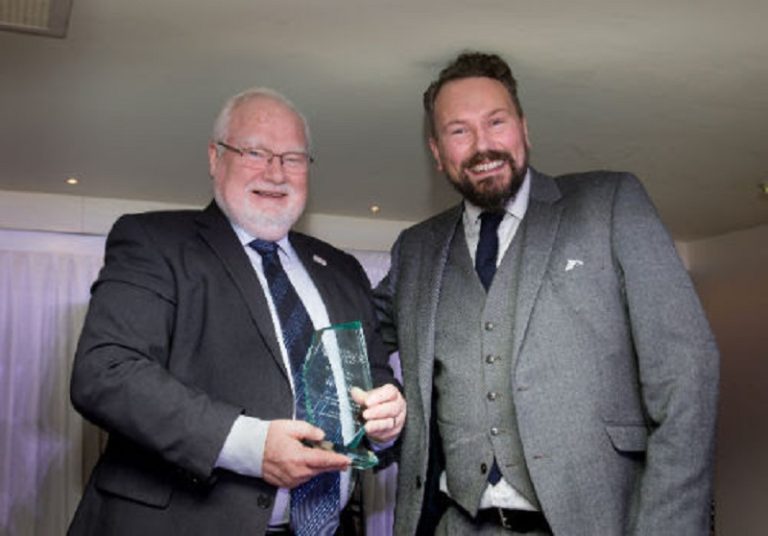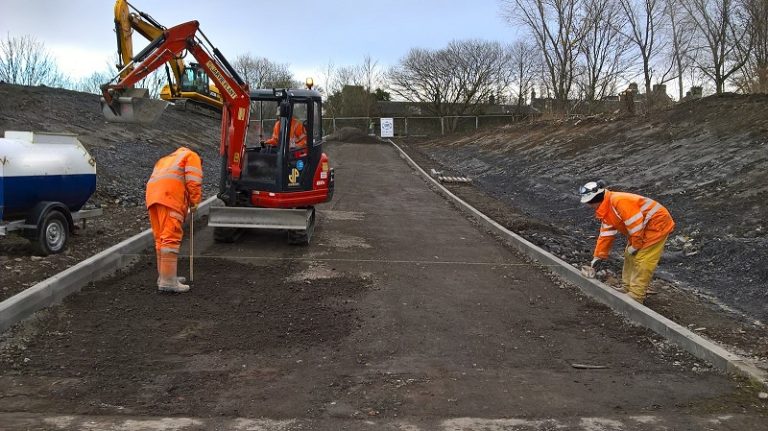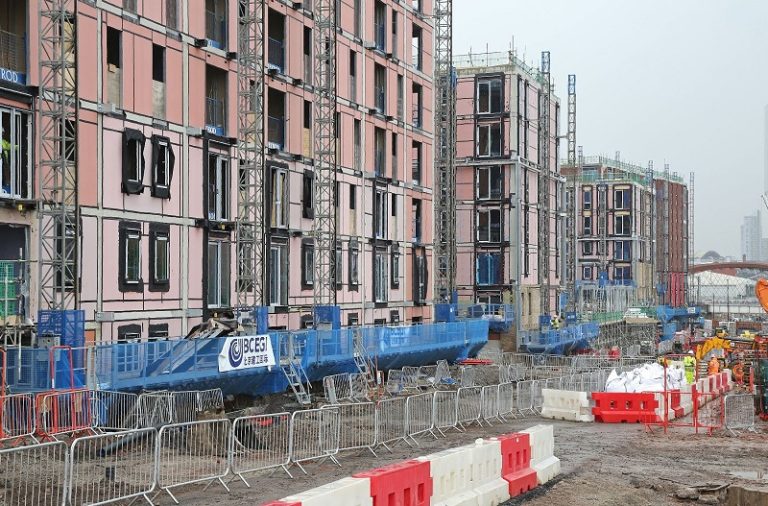The CEO of CABE (The Chartered Association of Building Engineers), Dr John Hooper, has been awarded the UK Chief Executive of the Year 2017 at the annual Association of Association Executives awards. The Association of Association Executives is the largest of its kind in Europe, having members in other regions such as Africa, India and the Middle East. Its associates are part of professional, scientific, business, and academic Associations, Societies, Federations, Councils and Chambers. The purpose of the Association Awards is to recognise excellence in leadership, development and service in membership organisations, appreciated for their dedication and success. At the evening of the event held in Manchester on the 14th of December, the judges pointed out that during his tenure CABE has achieved a Royal Charter in only 2 years, has expanded its boundaries to an international level, and has grown its memberships. Dr John Hooper said about his success: “I’m delighted for the recognition for the whole CABE team in the successful development of the Chartered Association and its achievements over the last few years.” CABE was founded in 1925 and is a leading professional body for building engineers specialised in design, construction, evaluation and maintenance of buildings. Its practice reaches UK, mainland Europe, and other continents. The professionalism of its members is reflected in its prime qualification of Building Engineer, and even though John is due to retire and step down from the role of CEO in April 2018, he will keep mentoring other professional bodies.








